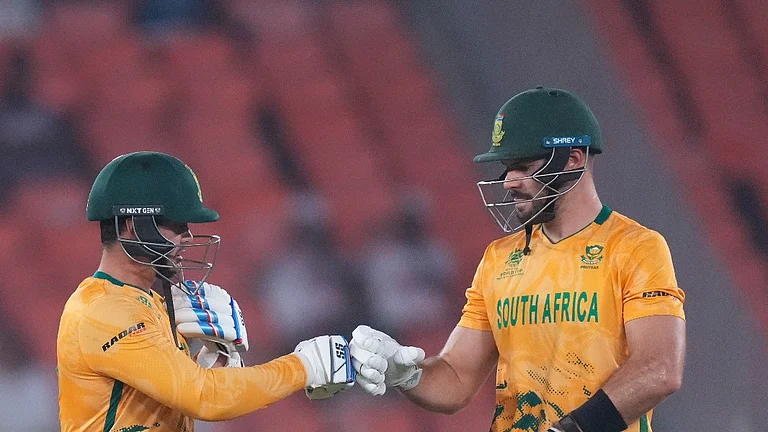In a set of revised guidelines, the government has issued directions to manage Covid-19 among children and adolescents. The new guidelines for children below 18 years supersede the previous ones, released in June 2021. It makes several new recommendations including advice against the use of antivirals or monoclonal antibodies in children and adolescents, using masks for children below the age of 5 and so on.
In view of the current surge in Omicron cases, ‘The Comprehensive Guidelines for Management of COVID-19 in Children and Adolescents Below 18 Years’ were reviewed by a group of experts.
How to treat Covid-19 in children?
The management in children remains pretty simple, as per the revised guidelines. Paracetamols need to be given to treat fever and throat soothing agents and warm saline gargle to be given for cough in older children and adolescents. The guidelines further emphasise the need for oral fluids to maintain hydration and a nutritious diet.
Doctors have stated that Covid-19 is a viral infection and antibacterial have almost no role in managing the covid symptoms in children.

“As of now in the absence of efficacy and safety data, the use of antivirals such as Remdesivir, Molnupiravir, Favipiravir, Fluvoxamine and monoclonal antibodies such as Sotrovimab, Casirivimab +Imdevimab are not recommended for children less than 18 years of age irrespective of severity of illness,” the guidelines say.
According to Dr Umesh Vaidya, pediatrician the most common symptoms among children are sore throat, cold, fever.
Masking up
According to experts and doctors, children below the age of 5 have always been advised against wearing masks. At such a young age, children without the appropriate adult supervision may not be wearing the mask properly, increasing the chances of contracting the virus. On the other hand, there might be underlying breathing and respiratory issues and with masks, chances of breathing problems may increase. Also while playing with masks, children may suffer from breathing complications.
Children between 6-11 years of age may wear a mask depending on their ability to know to wear the mask properly. Children above the age of 12 must wear the mask considering the risks like an adult. However, parents must ensure that all children wash and clean their hands properly before putting on the masks.

Use of anticoagulants and steroids
The use of anticoagulants has been revised in the latest guidelines. It has been advised to regulate the use of anticoagulants and reduce their use over 10-14 days, subject to the improvement of health and clinical supervision. On the other hand, steroids have been advised to be used only under clinical supervision or in cases of hospitalisation. Use of steroids can be avoided in the first 3-5 days since onset of symptoms as it prolongs viral shedding.
Multi-System Inflammatory Syndrome (MISC)
The new syndrome in children is characterized by consistent fever, which epidemiologists have linked with SARS-CoV-2. According to guidelines, caution needs to be exercised while interpreting increased antibodies for diagnosing MISC.
Post-Covid care
Children, who are asymptomatic, or have mild infection must be appropriately vaccinated. They need to be put under a proper nutritional diet and given psychological support. For children with moderate to severe symptoms, or those, who have been hospitalised, caregivers need to be counselled on monitoring health and bring back the child to the care unit if necessary.






















